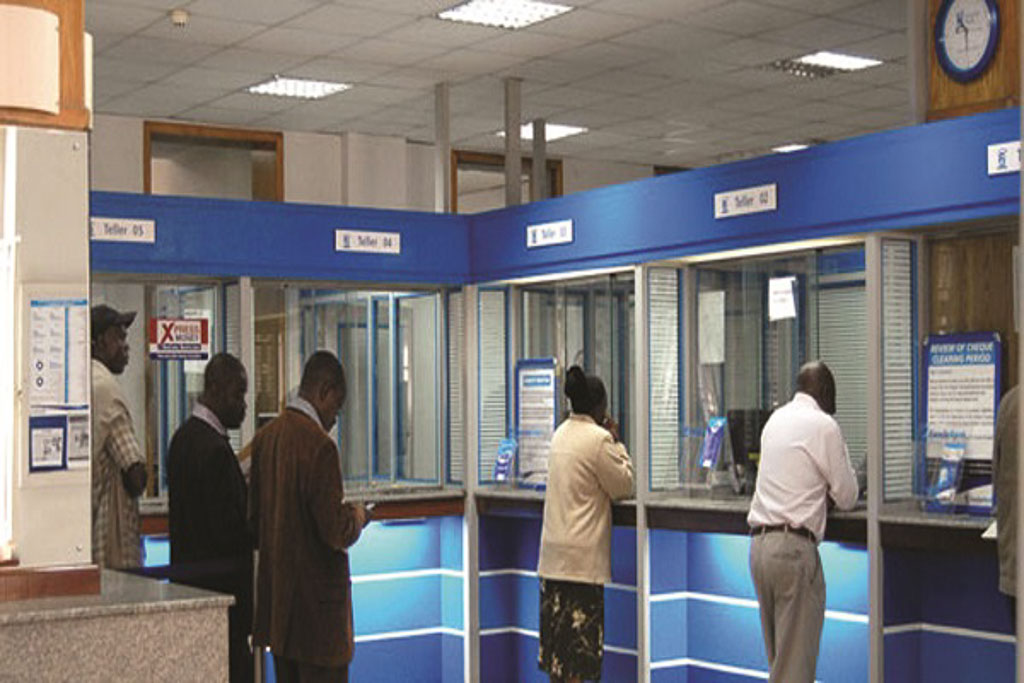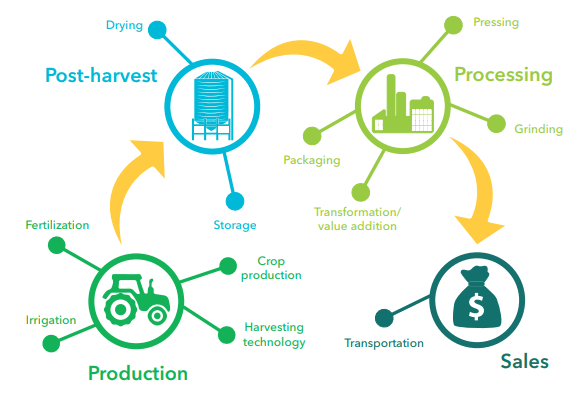Namibia Is The Easiest Country In Africa For Small Businesses To Get Bank Loan
If you think that it is harder for small and medium-sized businesses to get loans from banks in Namibia, this is a chance to think again. A new report is saying Namibia is the best place in Africa for small scale businesses to get credit facilities from banks.
The 2019 Small and Medium-sized Enterprises (SME) Competitiveness outlook developed by the International Trade Centre (ITC) indicates that banks in Namibia are providing a high degree of investment relative to more than two-fifths of the countries examined in the survey.

A Look At The Report
- The report presents what it calls an “SME Competitiveness Grid” which allocates scores to the various sizes of enterprises in Namibia— small, medium and large — for various aspects of business services available to them using key indicators such as a country’s Gross Domestic Products (GDP) per capita, current account surplus, deficit and share of GDP, Tariff preference margin and many others.
Small Businesses
In Namibia, small businesses are scored at 76.6 percent with regards to investment financed by banks which is well above the threshold score of 22.4 percent below which the availability of a business service is assessed as weak. This is the highest in Africa, closely followed by Kenya at 65.2 percent. Botswana is third at 62.5 percent. Following Botswana is Mali which is fourth at 61.9 percent. Africa’s largest economy, Nigeria was scored 15.8%. At this rate, it is hardest for small businesses to get a loan in Congo DR at 4.1% or in Sierra Leone at 4.7%
This figure means that small enterprises have far more access to bank financing in Namibia compared to other African countries and also compared to Namibian medium and large-sized counterparts. The survey regards any score over 67.3 percent as strong and in Namibia, only large-sized firms are assessed to have strong access to finance, although medium-sized enterprises come close.
Central and South American countries scored the highest in this regard with Chile scoring 85.6 percent, Dominican Republic 86.0 percent, Nicaragua 68.7 percent, and Guatemala 61.7 percent as prime examples.
Conversely, sub-Saharan African countries fared poorly. Surprisingly, Liberia scored a relatively high 46.6 percent but neighboring Nigeria recorded a low 15.8 percent.

Read Also: There Are Now Over 41.543 Million Micro, Small & Medium Enterprises In Nigeria
Medium and large
It is easiest for medium scale businesses in Kenya at 70.6% to get bank loans compared to their counterparts in Africa. In this regard, Namibia scored 56.3 percent. It is also easiest for large scale companies in Burundi at 83.5% to get loans compared to their counterparts across Africa.
This indicates that activities in Namibia’s banking sector gravitate heavily towards the financing of small scale businesses making it increasingly possible for small, medium and larger businesses to attract the needed investments from various banks.
It is deemed that SMEs contribute to the Sustainable Development Goals (SDGs) through the jobs and wages they provide to their respective employees; their business practices; the sector in which they operate as well as their contribution to the national economy.
Financial institutions in most cases do not extend substantial credit facility to SMEs, most especially in the developing countries to either expand their business or make direct investment owing to the lack of information on SME creditworthiness which in turn leads to high perceived risks.
This recent outlook is, therefore, making a strong case on the need to encourage continuous investments in the country’s small business sector in order to realize the SDGs.
It is in this regard that the ITC is advocating that local financial institutions namely banks, insurance providers and microcredit agencies playing an effective role by providing information on SMEs such as credit history, that is necessary to accurately assess performance risk.
Charles Rapulu Udoh

Charles Rapulu Udoh is a Lagos-based Lawyer with special focus on Business Law, Intellectual Property Rights, Entertainment and Technology Law. He is also an award-winning writer. Working for notable organizations so far has exposed him to some of industry best practices in business, finance strategies, law, dispute resolution, and data analytics both in Nigeria and across the world.







